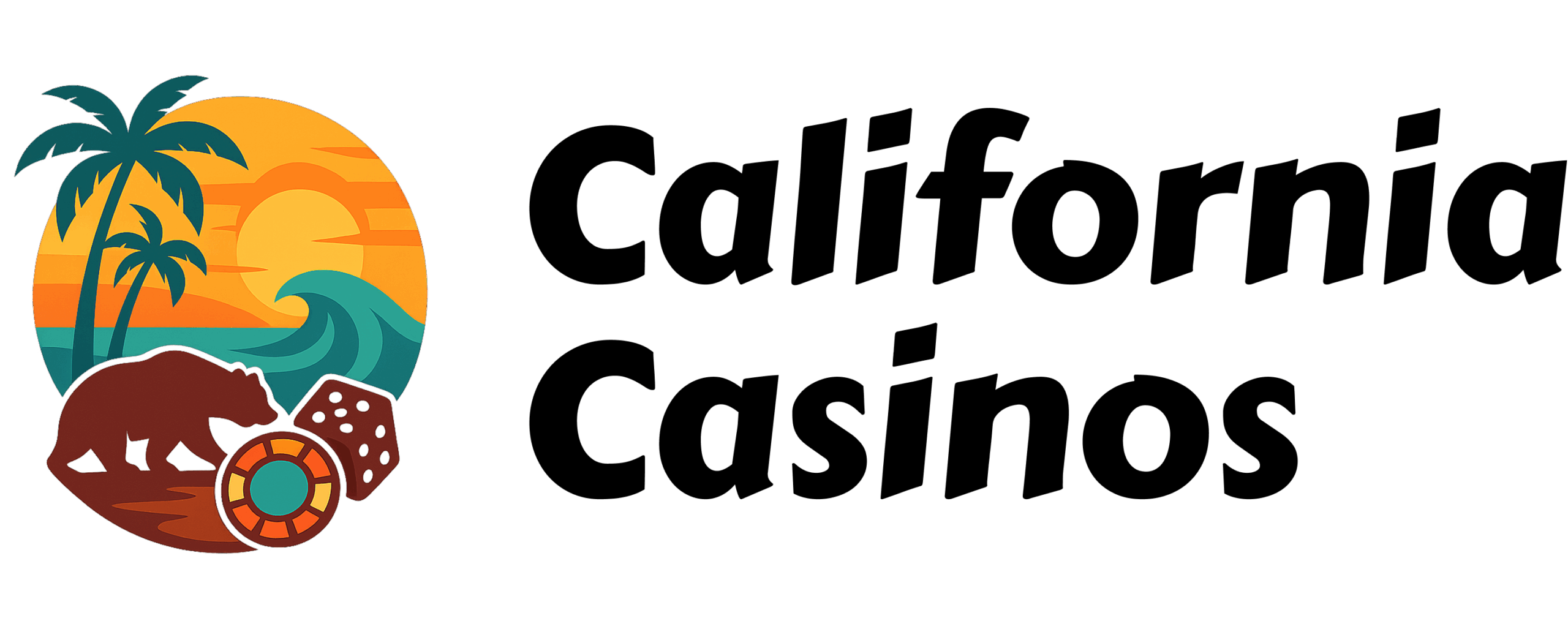Historically, I believe the idea of selling water—no better than tap water—fo a buck or two, with fancy plastic bottles—may be the best job of selling in the history of mankind. Free water from the tap, or bottled water—and then NOT recycling by putting more water in the bottle. Crazy. But this is America, within reason you should be able to sell anything—and I should be allowed to buy anything.
If I am silly enough to buy free water, I should be able to blow a buck or two—it is like buying air to breath—wonder why that is not for sale as well? But, now the intolerant San Fran denizens want to outlaw plastic water bottles.
“Proposed by Board of Supervisors President David Chiu, the legislation would phase in a ban on the sale of plastic water bottles, 21 fluid ounces or less, from public property, including by mobile food operators and park vendors or at street fairs.
It is San Francisco’s answer to a growing campaign to reduce the use of plastic water bottles, criticized by some environmentalists for their waste and fossil fuel consumption. No businesses operating outside of public property would be impacted by the ban.
This is a city that collects the DNA of dogs through poop—what else would you expect?

Revised plastic water bottle ban proposal up for vote
by Joshua Sabatini, SF Examiner, 2/24/14
San Francisco’s proposed ban on sales of plastic water bottles on public property faces a key vote Monday amid some concerns about lack of water access and financial impacts on popular events such as the Folsom Street Fair.
Proposed by Board of Supervisors President David Chiu, the legislation would phase in a ban on the sale of plastic water bottles, 21 fluid ounces or less, from public property, including by mobile food operators and park vendors or at street fairs.
It is San Francisco’s answer to a growing campaign to reduce the use of plastic water bottles, criticized by some environmentalists for their waste and fossil fuel consumption. No businesses operating outside of public property would be impacted by the ban.
For some, the proposal doesn’t go far enough. For others it’s problematic.
Supervisor Scott Wiener, who sits on the board’s Land Use and Economic Development Committee, which is voting on the legislation today, said he has had concerns about impacts to events such as Pride or the Folsom Street Fair, which make money from the sale of plastic water bottles. There has also been some concern about access to alternative water sources, such as refilling stations and drinking fountains.
Chiu recently amended his legislation to address such concerns. Changes include extending the compliance deadline for nonprofit-run events from the initially proposed July 1 of this year to January 2018. The deadline for other events would remain at July 1. The proposal also allows for waivers, including if there isn’t a sufficient alternative water supply.
“I think that definitely moves in the right direction,” Wiener said of the changes. “But I have had these questions and concerns specifically around street fairs and around the lack of infrastructure in terms of water filling stations. I think it’s critical that those issues be addressed in the legislation so that we are not banning distribution of water bottles and just pulling the rug out without providing really strong alternatives.”
The American Beverage Association remains opposed to the proposal, calling it a “misguided policy.”
“Taking away the freedom of vendors and food trucks to sell bottled water would harm local businesses and deny consumers the convenience of access to fresh, potable water,” said Kate Krebs, a spokeswoman for the association.
The City’s Commission on the Environment has long advocated for such restrictions and hopes to see stronger regulations in the future.
“It’s kind of a first step in a long process. Here we are only talking about city property. And there are many ways to get exemptions and exceptions,” Commissioner Ruth Gravanis said last month. “But for now we are recognizing the fact that we cannot insist on a ban where we don’t have an available supply of water.”







